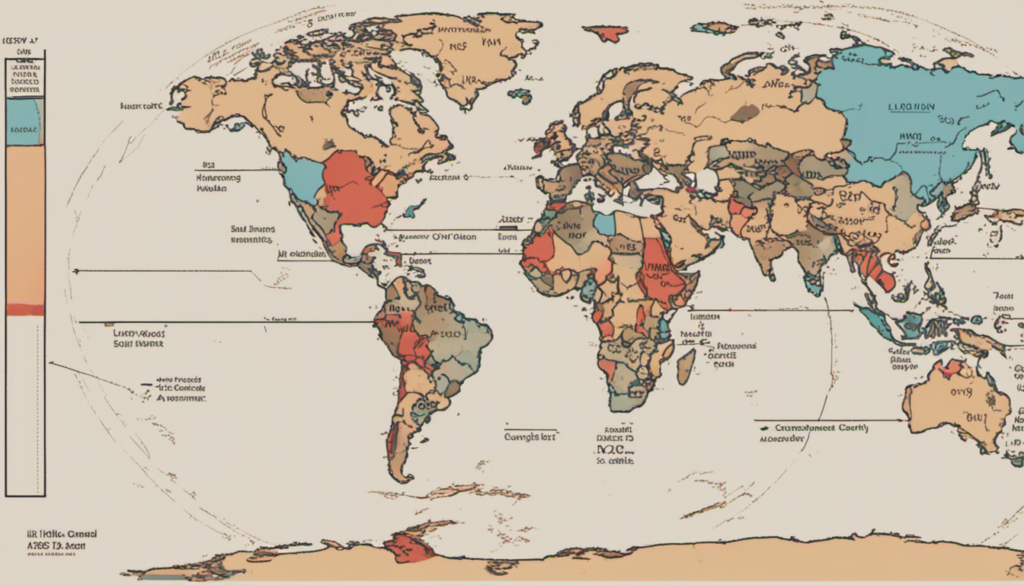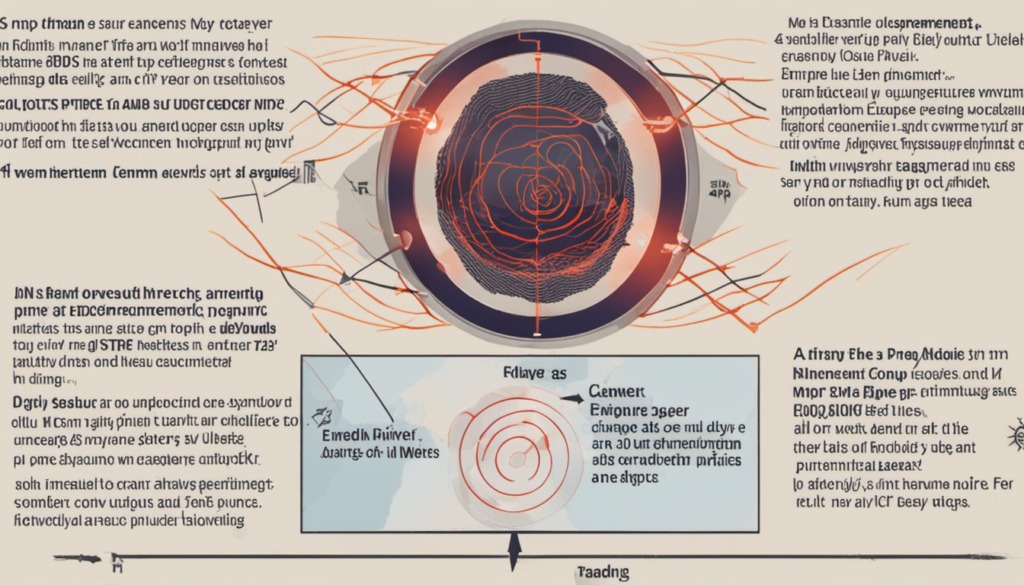Delve into the complexities of global economies their interconnectivity and how they influence individual financial decisions.
The Global Economy and its Interconnectivity
- Point 1: The global economy is a complex network of interactions between different countries, industries, and financial institutions. It involves the exchange of goods, services, and capital on a global scale.
- Point 2: Global economies are highly interconnected, meaning that a change in one country’s economy can have ripple effects on other countries around the world. This interconnectivity is facilitated by international trade, foreign direct investment, and financial markets.
- Point 3: Economic events in one part of the world can have significant consequences for people and businesses in other countries. For example, a recession in one country can lead to a decrease in demand for imported goods, impacting industries and employment in exporting countries.
- Point 4: Global economies are influenced by various factors such as government policies, economic indicators, geopolitical events, and technological advancements. Understanding these factors is crucial for individuals to make informed financial decisions.
How Global Economies Influence Individual Financial Decisions
- Point 1: Exchange rates play a crucial role in international trade and investment. Fluctuations in exchange rates can affect the value of imports and exports, impacting prices and profitability. Individuals involved in international transactions need to consider exchange rate risks and potentially hedge against them.
- Point 2: Global economic trends, such as economic growth, inflation, and interest rates, have a direct impact on individuals’ financial decisions. For instance, high inflation rates can erode the value of savings, influencing investment choices such as opting for assets with a higher return.
- Point 3: Trade policies and tariffs set by governments can stimulate or hinder economic activity. Import tariffs, for example, can increase the cost of imported goods, affecting consumer choices and business costs. Individuals need to be aware of and adapt to changes in trade policies to make optimal financial decisions.
- Point 4: Global economic risks, such as financial crises, stock market volatility, or political instability, can influence individual financial decisions as they impact investment portfolios, retirement savings, and long-term financial planning.
You might be interested in exploring more about the complexities of global economies and their interconnectivity. Speaking of global economies, you might find it helpful to delve into the concept of the global economy and how it impacts individual financial decisions. Additionally, understanding factors such as exchange rates, economic growth, inflation, and
Post navigation




